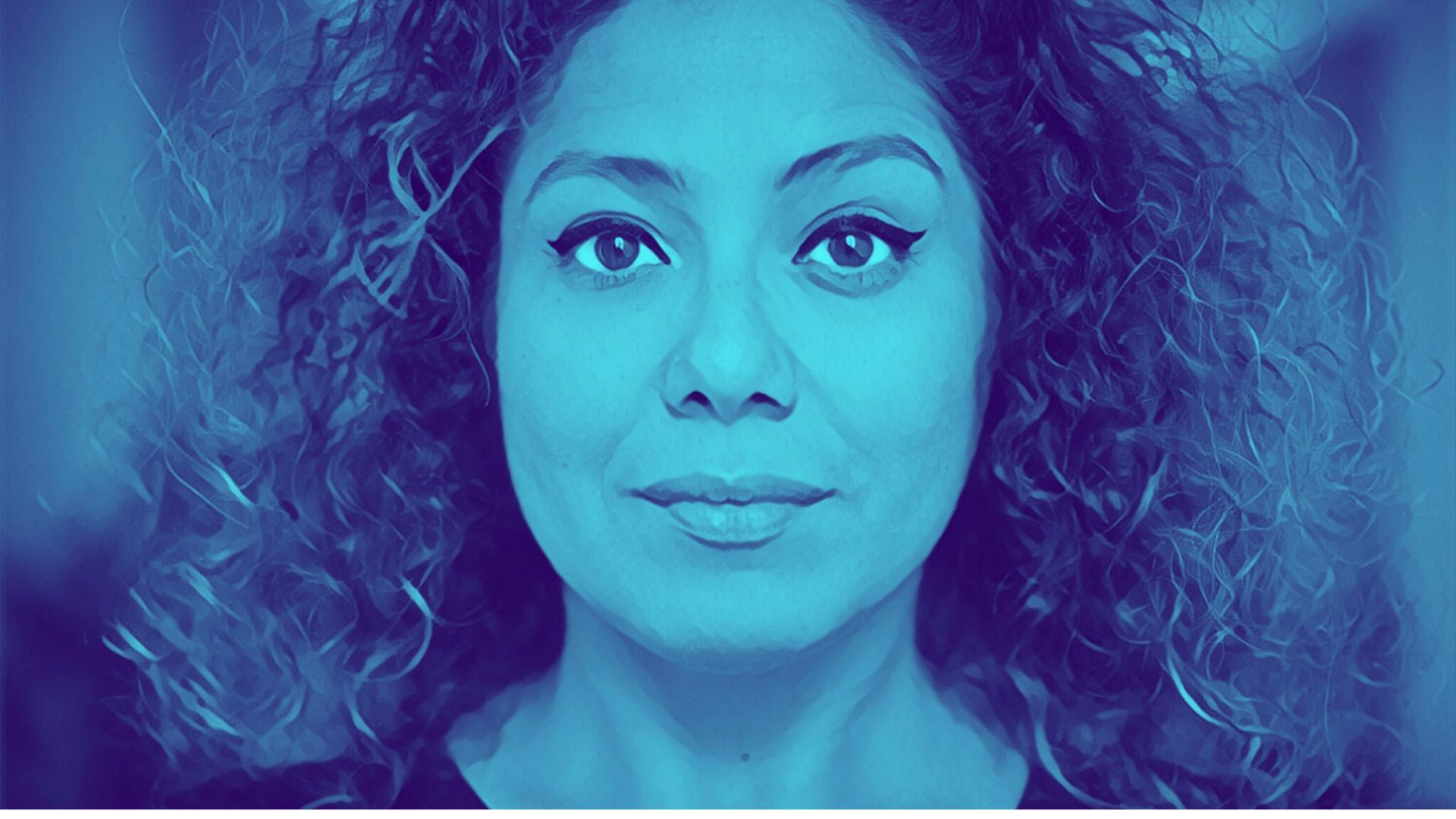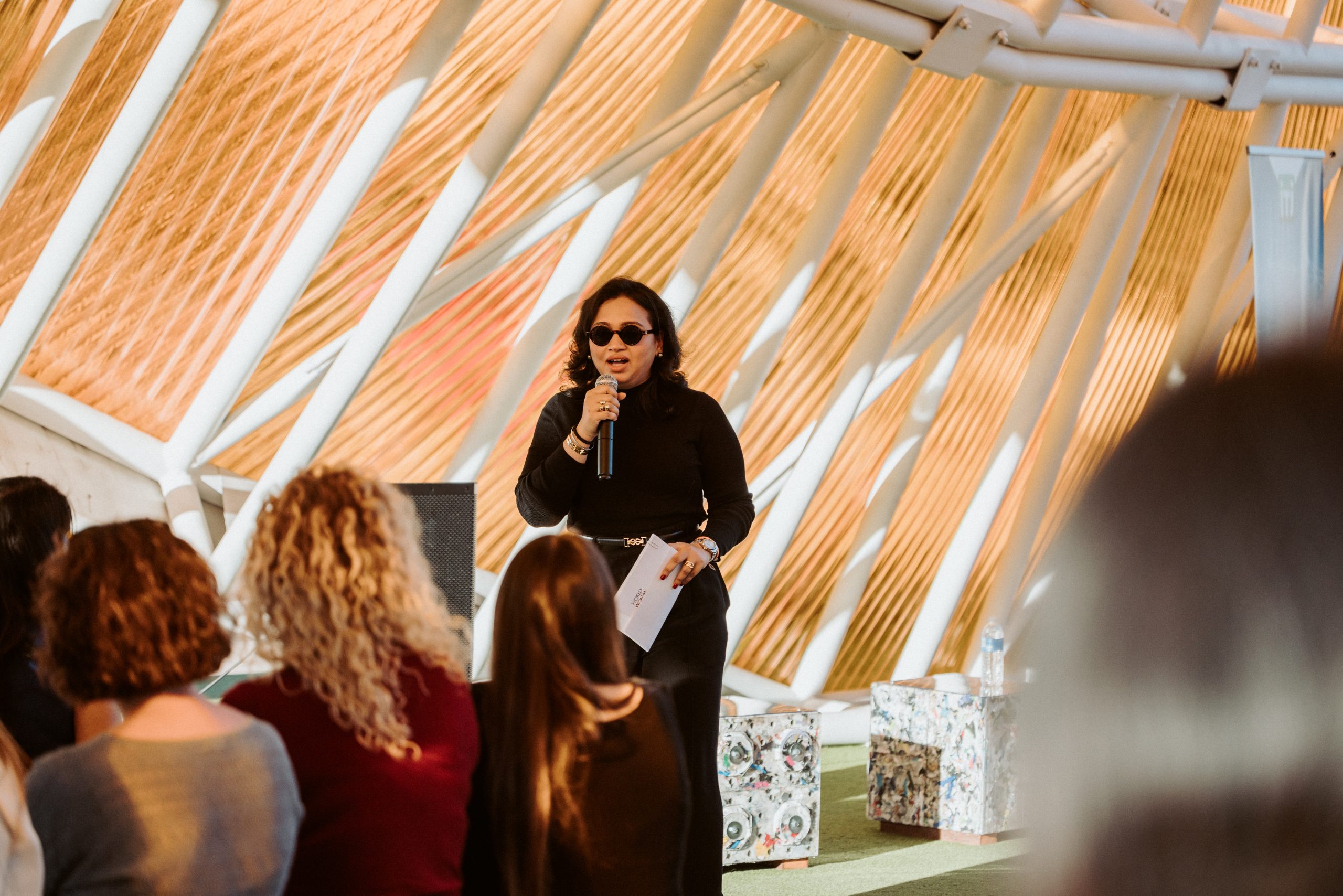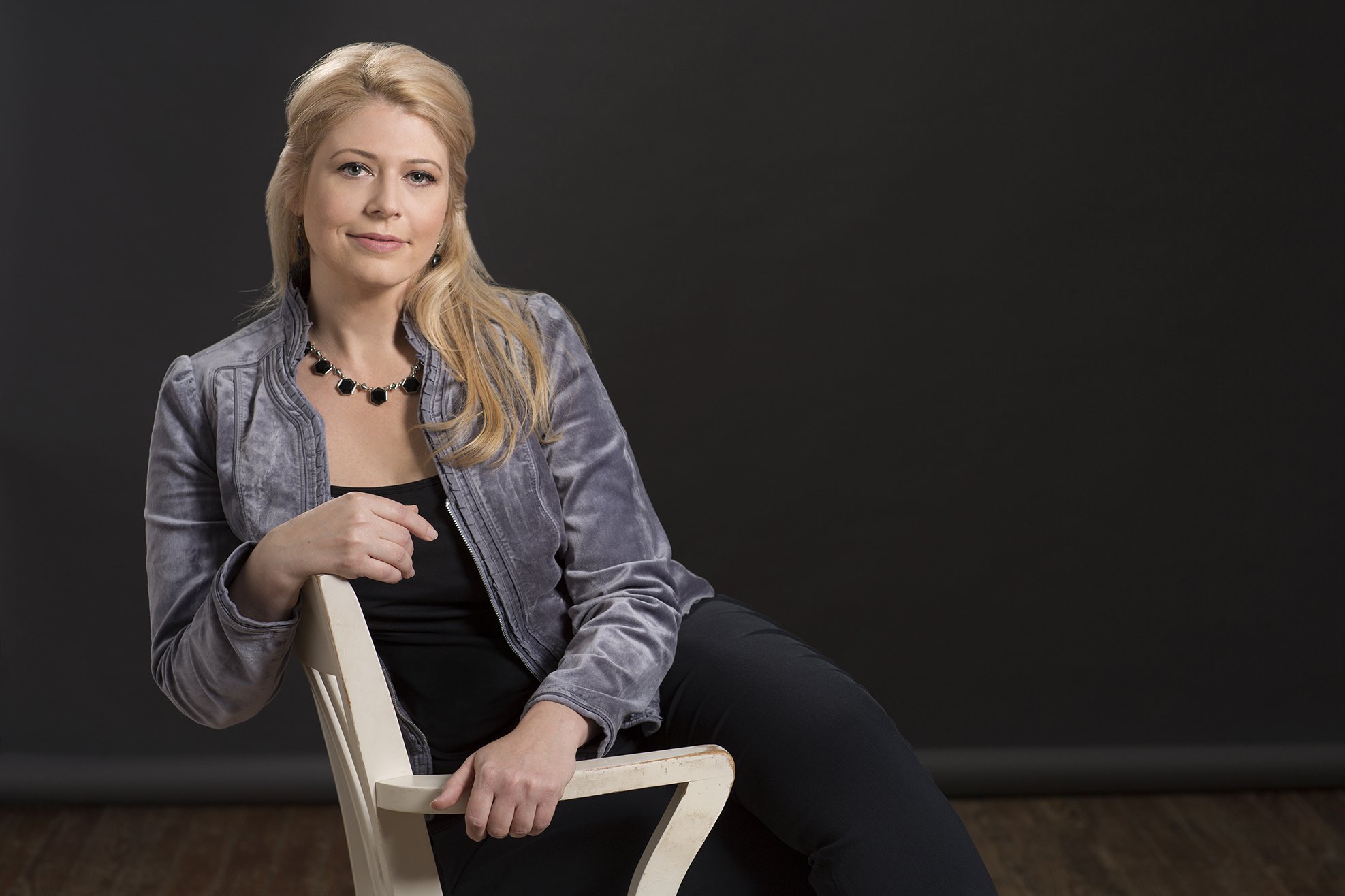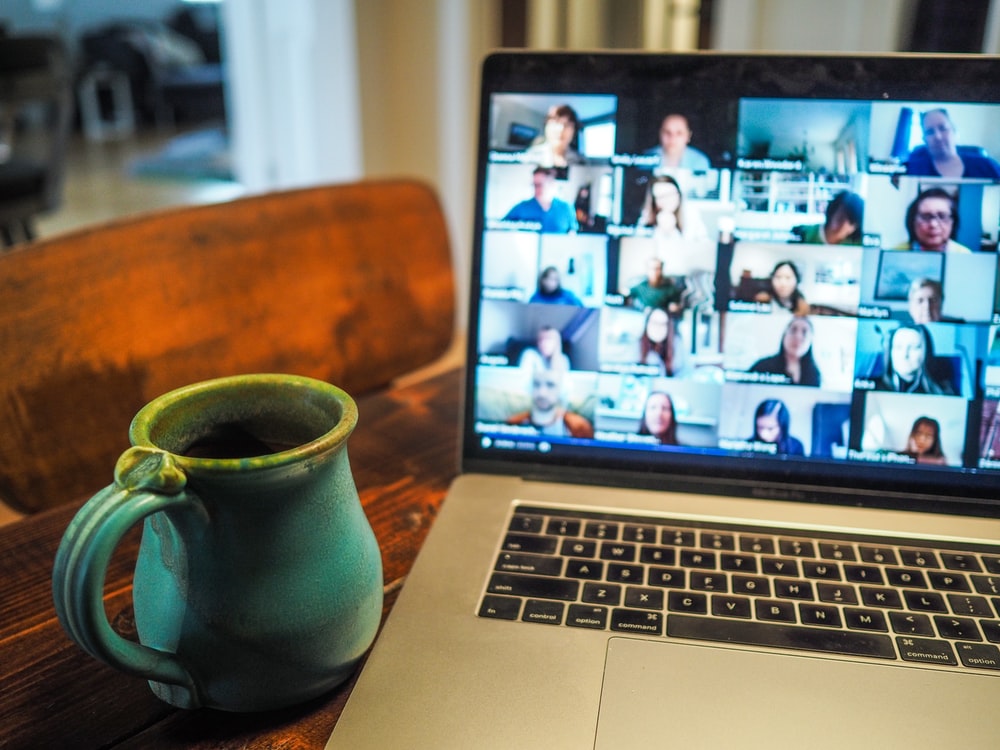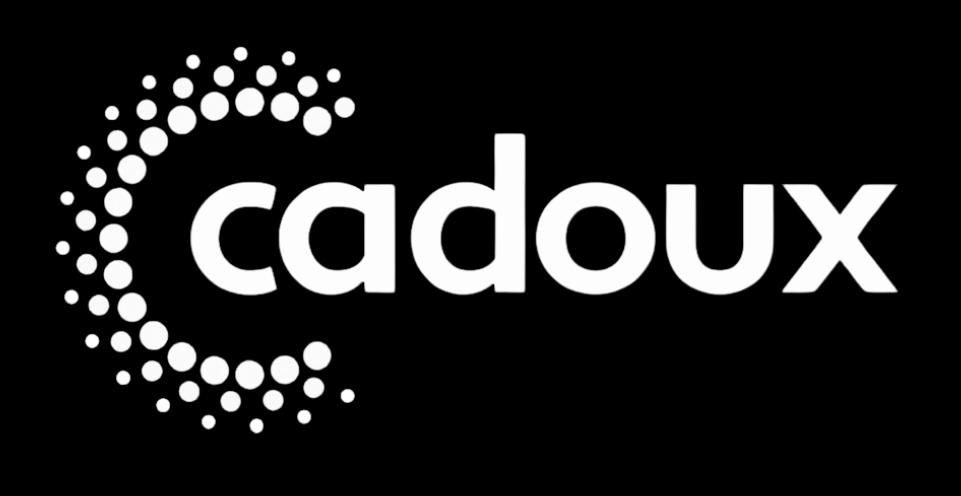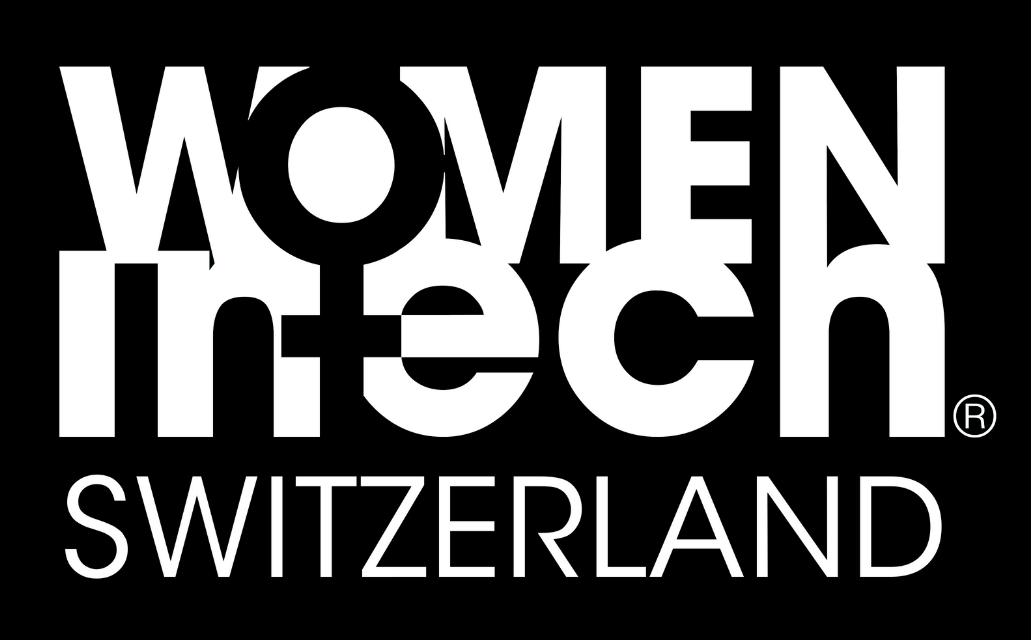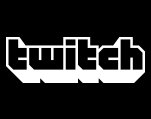Yvette Gonzalez is a humanitarian, bioastronautics researcher, and spacesuit technician. After a successful humanitarian career, responding to disasters all over the world, she transitioned into the space industry. She founded a mentorship program along with other women in the commercial space industry to help teenage girls develop careers in STEM. Both of her career paths are powered by a desire to give back and to do work with meaning. She also shares how she changed her career so dramatically mid-career.
Q: Could you give us an overview of your upbringing and how you came to be in your role?
Yvette: I was born in California but was raised mostly in Texas, on the border with Mexico and New Mexico. It was a really interesting environment to grow up in. We were exposed to a lot of NASA contracts and a lot of our family worked there. But you also had extreme poverty. You could visibly see over the border, so there was this coming together of different communities. I had dreams of being in space. Our parents would take us out to the mountains, to the end of the Rockies, and we would be in the back of the truck staring up at the stars. We were just dreaming of whatever we wanted and our creativity wasn’t squashed. So being fed this opportunity to dream, to imagine, and to be creative and innovative really gave me a sense of wanting to do something extraordinary. I wanted to give back. I wanted to be an astronaut. But I thought at the time that I had to be a fighter pilot, had to be in the military, and I didn’t want that. When I got to college I saw a sign that said “do you want to travel the world, help people, save their lives, learn about other cultures”. I signed up as soon as I saw it and got into competition around working in public health. I was selected as one of 17 minority serving institutes, representing my university. That was the start of my humanitarian career. I was introduced to working overseas, to responding to emergencies and disasters. Even though I wanted to work in space, I was quickly converted to humanitarian work because I still felt this profound sense of purpose and giving back.
Q: And can you speak more about the role you have now working on space suits?
Yvette: There’s a spectrum of people who help when you’re prepping for a spacewalk or being in space outside the capsule. Space is hostile and not a very safe environment for the human body. And so the space suit has to be an environment where you breathe, function, and thrive, while you’re operating in space.
I’m not an engineer who designs it. They are a very specifically talented group of people. I’m a space technician who helps in the spectrum from when people put on the suit to when they take it off. I make sure they are properly engaged, that they’re feeling comfortable, and able to breathe and function within that environment. I monitor their oxygen levels, and carbon dioxide levels, and we do this in a lot of environments. It’s not just a simulation. Once a year we go to Canada and we’re on a microgravity flight. There’s always one subject in the space suit and I make sure they are pressurized correctly. Then I monitor some biomarkers they have across their body. I’m looking to see if they are breathing if they are conscious if they are nauseous. We are learning more about the suit. To see if there is a leak if it is properly secured if there is enough airflow. We want to know whether this is a functional environment for someone to work in space.
Q: How did you transition from doing humanitarian work to being a spacesuit technician?
Yvette: There came a point where I felt that I was interested in evolving and pursuing a different career. I embrace that because I’ve done it several times, having several different roles in the humanitarian field.
Seven years ago I was mostly based in Haiti and had been there since the earthquake. I started to question whether I was doing justice to the work I was doing and if I was making a difference. The answer kept coming back, maybe not, so I started to interview six or seven of my closest friends that I thought had dream jobs.
I was looking a job titles on LinkedIn, and thinking where I could build my skill set and in which direction. I started to cold call people and ask them questions. Are you happy to wake up on Monday morning? Do you feel like you are genuinely fulfilling your purpose? Are you stressed in a good way or stressed in a bad way?
I spent about six months doing this and reconnected with an old friend who had been in Haiti with me. She was working on creating 3D printers for space. I went to visit her in San Francisco and in one week she introduced me to a whole slew of people, businesses, and organizations.
It was like a masterclass in what’s happening in the commercial space industry. This was 2017, and about a week later I signed up for classes to become a spaceship technician. In 2018 I started the crossover, networking and meeting people. That year I signed up for 13 conferences. I was taking any online course I could, I was extremely flexible in going and meeting people in person, and that’s how it all started.
Q: What would you say to anyone who wants to transition careers?
Yvette: It’s hard to answer this because it is a very individual experience. When I started feeling that I wasn’t happy, that I wasn’t fulfilling my purpose, what helped was reaching out to a circle of trusted friends that you respect.
Ask them those baseline questions. For me it was very important that Monday mornings weren’t scary. I think it’s smart to interview people you don’t know too, as they have no bias. People are happy to share their experiences with another human being.
There’s a lot of power in knowing that these days you have the right and ability to not be judged for changing a job and reinventing yourself.
Q: Where does your passion come from
Yvette: I was lucky enough to be blessed with a large family. There’s 23 cousins and I’m the oldest of five. This large family taught me about community. I had a large family who was always there for me, I was to all that chaos and understanding different personalities.
There’s also something interesting about being raised on a low income. As a family we were like how do we do better, how do we build on this? There was always a work ethic. I had a job at 15.
The other thing is your internal grit. I ultimately have something innate in me that feels very different. It’s an unwavering desire to help that I can’t control.
Q: You work in STEM in a very male-dominated field. Do you have any advice for a young girl who doesn’t align with girly interests?
Yvette: One thing I want people to know is that you can find your community with both men and women. The solution isn’t just to gather only with women. It’s how we work with allies who will support and amplify the message.
It’s also important to have accomplices. It’s really important to find those people who are willing to put their reputation and jobs on the line for you.
There are a lot of efforts, but if you don’t find one that is answering your question, feel free to build it. That’s what my friends and colleagues have done. We had the incredible privilege of training to work in space, and now we’re doing it, we want to make it accessible to others.
So we created our own outreach initiative. Today it is a microgravity challenge for girls age 13 to 17. It is also a mentorship program, with mentors the girls can engage with for advice on education. We show them competitions and funding for scholarships. We offer connections, one of the best things that you can do.
I hope that I remain a catalyst, because it is my blessing and my privilege to have access to information and education.
Q: Do you have any advice you would give your younger self?
Yvette: Definitely embrace all the change because that’s the one constant you’re going to find. Let yourself evolve, don’t be afraid.
I got great advice from my accounting teacher in high school, that the best way I could help my family was to leave home and get an education. I would tell my younger self the same thing.
I would tell myself to start traveling sooner, and exposing myself to different cultures. It was what I needed to open my mind.
Q: If you had access to a billboard that was seen by millions of people, what would you put on it?
Yvette: Embrace interconnectedness.I think that if we did this more, I think we could accomplish more. And it will mean something different for each generation.

